Keywords: Parliament Of The World
-
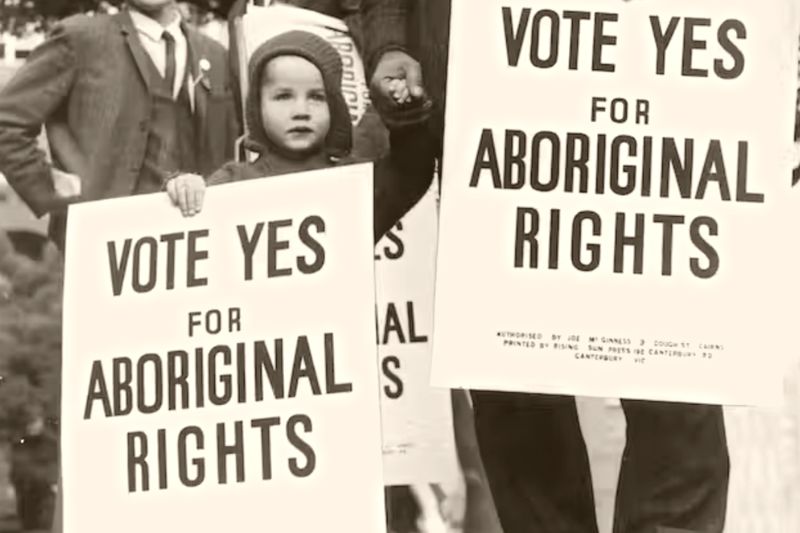
AUSTRALIA
- Frank Brennan
- 05 June 2023
19 Comments
The wording of the proposed change to the Australian Constitution to enshrine a First Nations Voice might not be perfect. But whatever the imperfections and the risk of future complications, it is high time that Australia’s First Peoples were recognised in the Constitution in a manner sought and approved by a broad cross-section of Indigenous leaders.
READ MORE
-
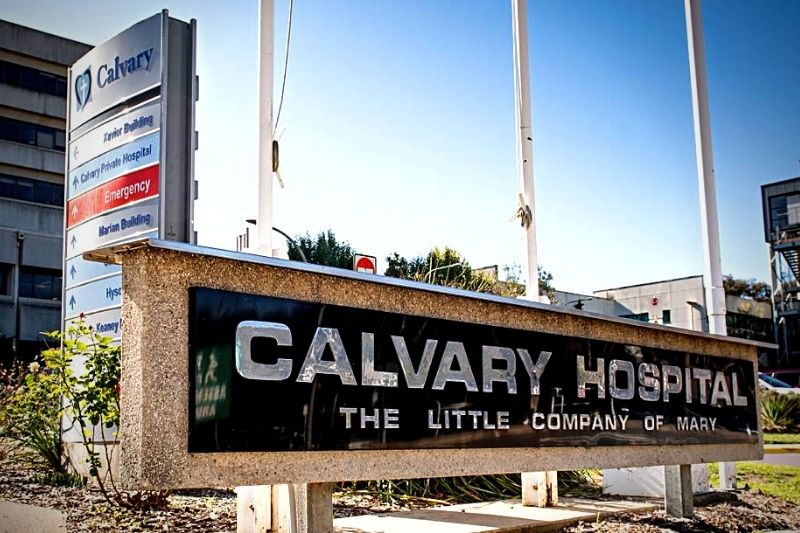
AUSTRALIA
- John Warhurst
- 01 June 2023
25 Comments
Amidst escalating tensions, the ACT government's move to acquire Calvary Public Hospital is facing strong backlash from the church. With claims of hasty decision-making and allegations of anti-religion bias dominating the discourse, this crisis highlights the societal shift towards secularism and questions the role of religious entities in managing public services.
READ MORE
-
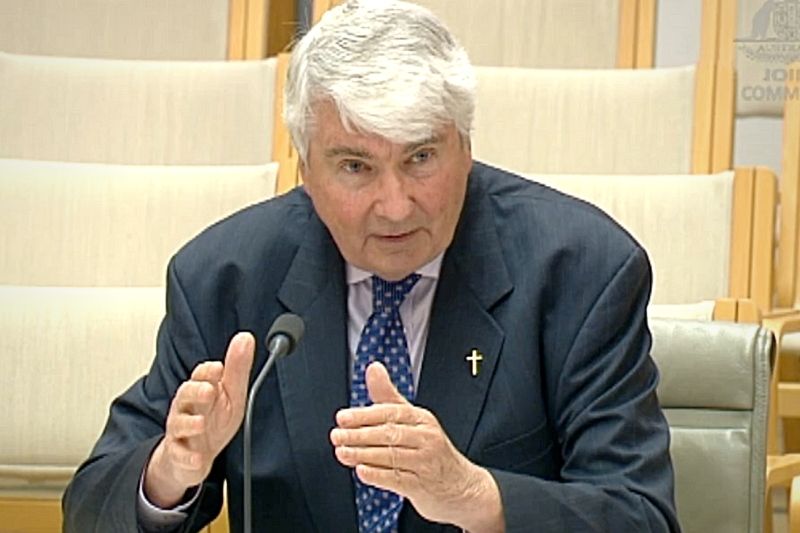
AUSTRALIA
- John Warhurst
- 04 May 2023
20 Comments
Frank Brennan's book An Indigenous Voice to Parliament: Considering a constitutional bridge is an urgent contribution to this important national debate around the shaping of the Voice and the referendum question. It is a book concerned with what’s likely to be successful rather than a manual on how to vote.
READ MORE
-

ARTS AND CULTURE
- Andrew Hamilton
- 10 April 2023
In a secular society the fast that preceded Easter has disappeared, but Easter remains a time of celebration. Celebrations recognise happy times and happy events, often marking the end of hard times. The message of Easter remains: that hope can spring up and new life can grow in apparently barren places.
READ MORE 
-
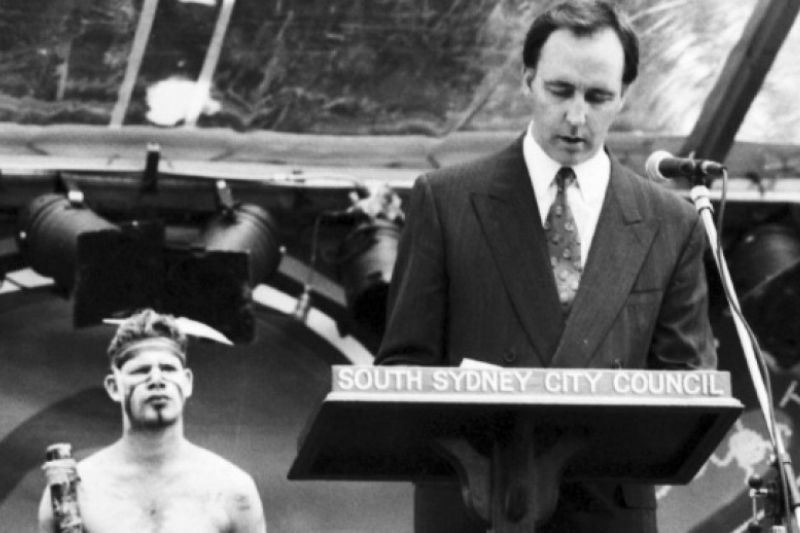
AUSTRALIA
- Kevin Keeffe
- 16 March 2023
10 Comments
Despite the lack of formal consultation with Indigenous peoples at the time, Paul Keating invested significant political capital in designing the Native Title Act and establishing a comprehensive social justice package. As the debate on the Voice intensifies, Indigenous Australians should be afforded the right to offer their Voice and be heard on issues as fundamental as native title.
READ MORE
-

AUSTRALIA
- Andrew Hamilton
- 02 February 2023
6 Comments
Any discussion of the ethics of culture war should begin with the basic reality of human communication: to flourish, human beings rely on cooperation with other people. Speaking abusively about others weakens the necessary trust that lies at the foundation of a well-functioning society and inhibits the conversation about values necessary in a humane society.
READ MORE
-

AUSTRALIA
- Juliette Hughes, Kathy Chambers
- 05 January 2023
With very little public debate or consultation, Victoria has repealed almost all laws relating to prostitution. Alone among all recreational activities, sex for payment is now unrestricted, even regarding health and safety. If we really care what happens to people, what place does sex work have in our society?
READ MORE
-
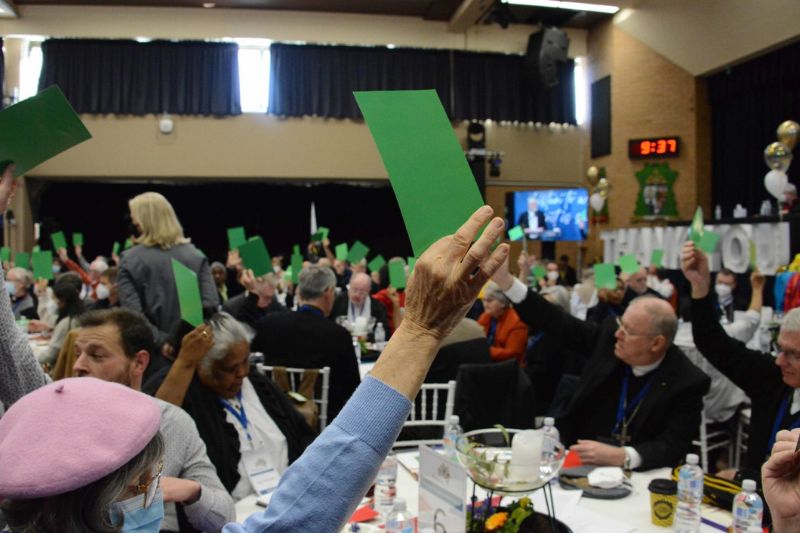
RELIGION
- Paul Collins
- 05 January 2023
The Plenary Council (PC) is over and the time has come for assessments. What did it achieve? In positive terms it brought together an enormously generous group of people whose dedication to Catholicism is extraordinary. It also demonstrated the diverse complexity of the community.
READ MORE
-
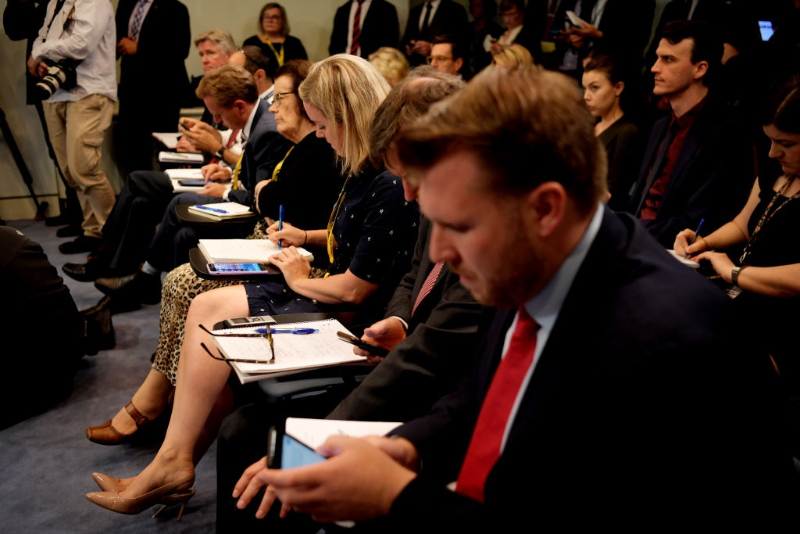
MEDIA
- Andrew Hamilton
- 05 January 2023
It is unfortunate that World Communications Day is celebrated in the middle of an election campaign. We have seen the worst of partisan media coverage, of shouting as a preferred form of communication, of endless experts promising Armageddon if the result is not to their taste. And yet we have also seen the best of media informing us of the issues that concern people in different parts of Australia. Without such public communication, for all its defects and excesses, our society would be the poorer.
READ MORE
-

AUSTRALIA
- Michael McVeigh
- 05 December 2022
1 Comment
I certainly don’t blame anyone for ignoring or boycotting the World Cup; there are plenty of reasons for doing so. But despite efforts of people behind the scenes to focus attention solely on the pitch, if you do pay attention, there are human stories on display, worth your time.
READ MORE 
-
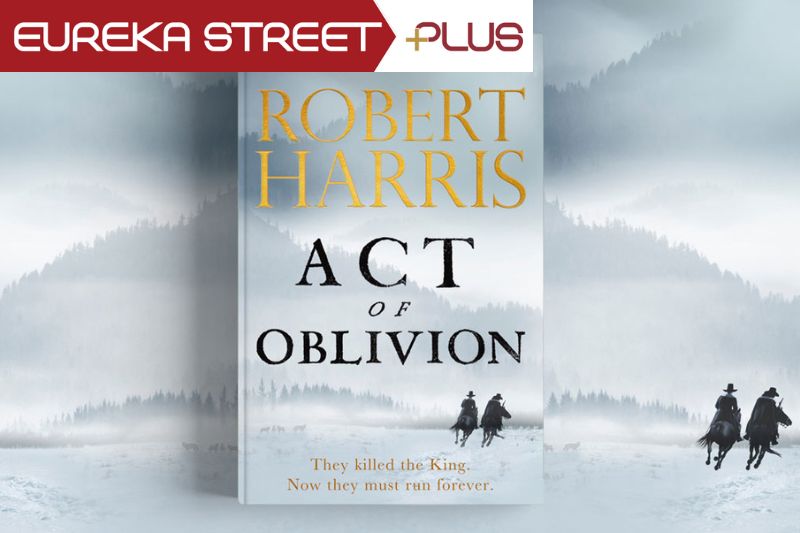
ARTS AND CULTURE
- Gillian Bouras
- 25 November 2022
In August 1660, the English Parliament passed the Indemnity and Oblivion Act, targeting those involved in the trial and execution of Charles I. The death warrant for Charles I had been signed by 59 judges, and 31 of them were still alive in 1660. Those caught suffered a terrible death of being hanged, drawn and quartered. Pursuit of the guilty was unremitting. Act of Oblivion follows the careers of three regicides and Civil War veterans who fled to the British colonies in America.
READ MORE 
-

AUSTRALIA
- Binoy Kampmark
- 24 November 2022
5 Comments
LIV Golf chief executive officer Greg Norman, financed by the pockets of the House of Saud via Saudi Arabia’s sovereign wealth fund, continues the corporate march across the putting greens of the planet. Complementing the Saudi Kingdom’s funding, South Australia's Major Events Fund is contributing $40 million and in doing so, Premier Malinauskas has linked his government with a regime with a notorious human rights record.
READ MORE 